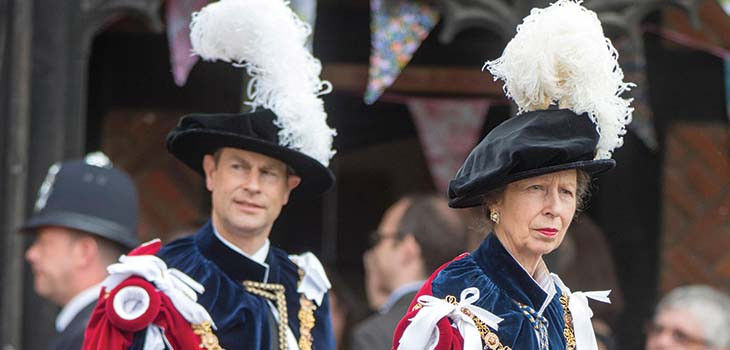
- Following the accession of King Charles III, the problem of the non-availability of two Counsellors of State needed to be addressed with a degree of urgency. The king has confirmed the expansion of the current Counsellors of State to include Princess Anne and Prince Edward.
- A wider review of the arrangements relating to the role of Counsellor of State may be appropriate at some point in the future.
Following the accession of King Charles III, it was reported that the government was minded to look at the arrangements under the Regency Act 1937 (RA 1937) relating to Counsellors of State so as to increase the number of persons eligible to be appointed to the role. The news came after a question had been put to the Lord Keeper of the Privy Seal (Lord True) by Viscount Stansgate, the elder









